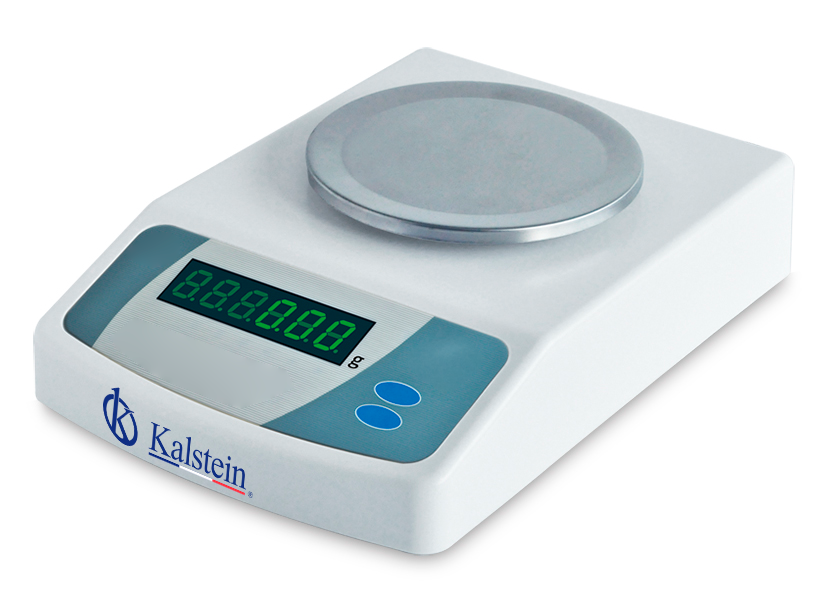Laboratory environments have to pass strict precision measurements to ensure the safety of the work performed and that the analysis results are kept accurate; the essential tool to achieve this goal is a laboratory balance. These balances are designed to measure small masses with high accuracy; although high accuracy is required, laboratories also need some flexibility to measure samples of different sizes and masses.
Process for choosing a suitable laboratory balance
The balance between accuracy and versatility makes today’s laboratory balances truly special; when purchasing a laboratory balance, it is important to understand the parameters under which accuracy is determined.
Once the required level of accuracy and quality for laboratory work is identified, it is important to select a balance that can meet those specifications; the first thing to consider is weighing accuracy.
The importance of making the right choice of balance for the lab
This is the difference between the actual mass of a sample and the mass calculated with the balance; this difference can be a great advantage to the laboratory, as it ensures that weighings will vary within a predetermined range.
This means that the results of the research work can be reliable; the second important thing to consider is the weighing scale; let them know how many propositions you can measure correctly, for example, 0.0001 grams.
Benefits of using balances in laboratories
This ensures that even for weighing extremely small samples, the data will be measured with high accuracy; laboratory balances also usually have a stabilization function; this means that the measurement will be stabilized even if the sample is not held in the same position.
This is achieved through an integrated circuit that detects the variation in weight and automatically compensates for it; this is important for research laboratories as it means that even if a sample moves while being weighed, the result will remain accurate.
Characteristics that laboratory balances must possess
When choosing a laboratory balance, it is important to choose one that has a temperature compensation function; this is an important feature for research laboratories as it allows the balance to calculate the weight of the sample at different temperatures.
This means that the results will be accurate for a variety of temperatures, which means accurate and reliable measurement; buying a laboratory balance is not an easy decision; it takes time to understand the parameters under which the accuracy of a balance is determined and how these parameters lead to the accuracy of the balance in the laboratory.
However, by doing the right research, laboratories can be sure to find the right balance for their needs.
Where you can get the best laboratory balances at the best price
In Kalstein we offer you the best scales, visit our website HERE to enjoy great deals and unbeatable prices, because we are MANUFACTURERS and we can guarantee your effective purchase.
Likewise, you will be able to obtain sophisticated and first quality equipment in relation to the scales, just click the following link HERE

